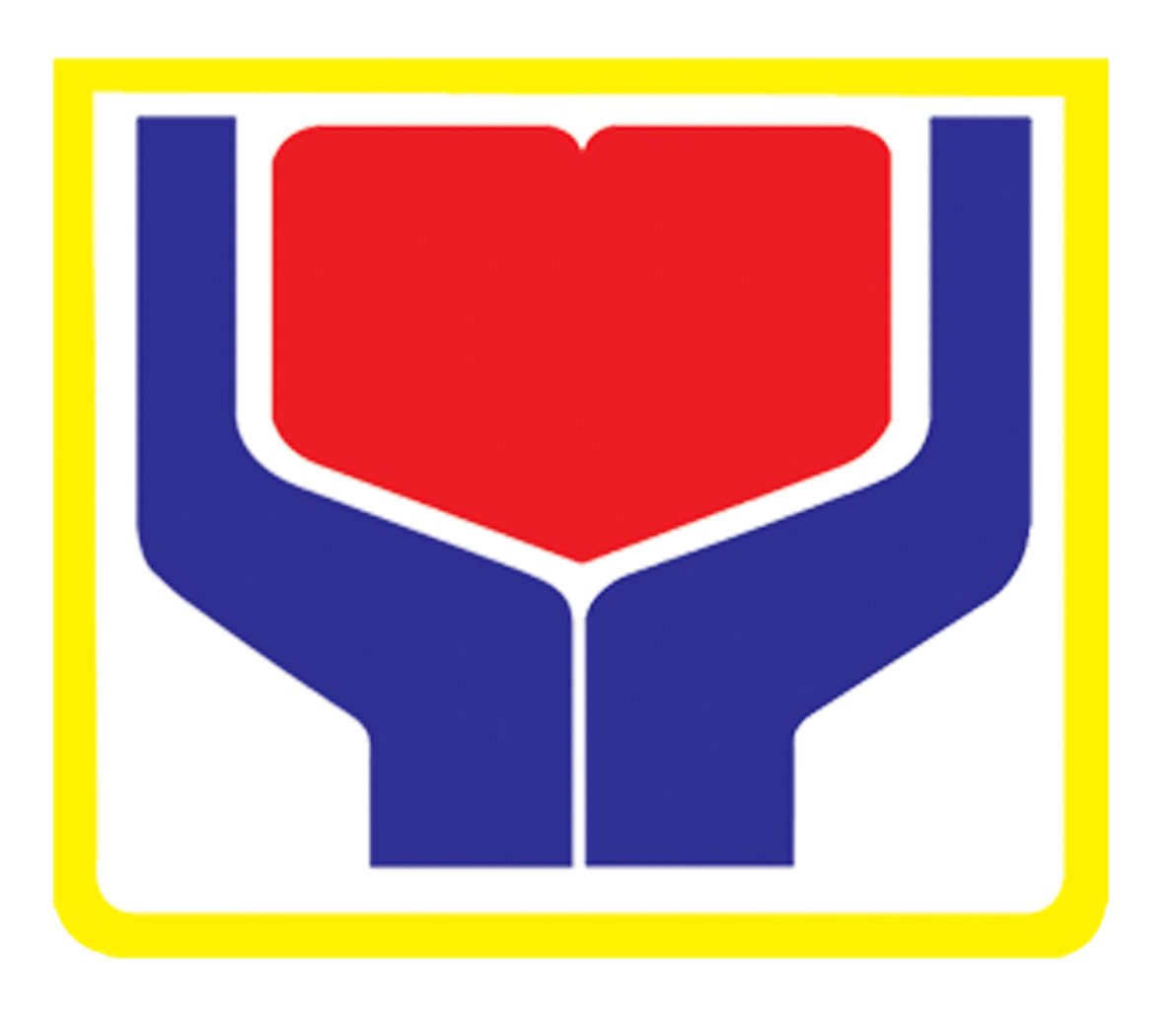Their source of income might have been suspended amidst the enhanced community quarantine over Luzon, but life goes on for 39-year-old Carmela Cabrera and the rest of the beneficiaries of the Pantawid Pamilyang Pilipino Program in Brgy. Concepcion in the small town of Plaridel in Quezon Province.
“Kailangan lang talaga, madiskarte ka,” a very committed Carmela shared.
Carmela, a beneficiary of the Pantawid Pamilya program since 2013, relies mostly on her husband’s income as a construction worker to support the needs of their two children. She helps with the finances through selling soap in the barangay.
“Pero ngayong naka-quarantine, wala talaga kaming kita,” shared Carmela, whose husband, Erwin, is stranded in another province where he works as a construction worker.
Despite this situation, Carmela remains positive and tries to radiate this positivity to her co-beneficiaries, who she knows is in the same situation as hers.
Gulayan sa barangay as a means of daily sustenance
One of the activities of the beneficiaries of the Pantawid Pamilya is the maintenance of a community garden as part of the application of their learnings from the monthly family development sessions (FDS) on food and nutrition and bio-intensive gardening.
The FDS is a component of the program where parent-grantees like Carmela are gathered every month to discuss family-strengthening topics including health and nutrition, rights of children and budget management.
“Mas napapakinabangan namin ito ngayon. Malaking tulong sa amin na walang ibang mapagkukunan sa ganitong sitwasyon na may naaani kami mula sa gulayan,” shared Carmela, who added that this greatly helps because they are far from the town’s market and that their movement is limited these days.
With 40 family-beneficiaries maintaining the garden, they take turns harvesting their crops these days including pechay and camote tops.
“Dahil hindi kami p’wedeng magtipon-tipon ngayon dahil sumusunod kami sa social distancing, kapag may nag-ani, pupunta s’ya sa bahay-bahay ng aming mga miyembro para bigyan ng kabahagi,” she said.
Though she thinks this might sound simple to others, having vegetables within their reach in times like this stretches even a can of sardines for the whole family’s consumption for a day as well as ensures that they have a source of nutrition, especially for their children.
A strength in attitude in coping with the situation
Carmela, who stands as the parent leader in their group, admits that they have been waiting for their cash grants so that they can have some money to support their other needs considering that all their sources of income have been impaired.
All throughout the region, the cash grants for the beneficiaries of the program are ready for withdrawal from their respective cash cards. However, the release of these grants are subject to the precautionary measures being implemented by each local government unit in response to the Covid-19 situation.
“Sa aming pakikipag-ugnayan sa lokal na pamahalaan, hindi muna pinapayagan ang mga benepisyaryo na lumabas ng bayan upang makapag-withdraw ng kanilang grants para na rin sa kanilang kalusugan at kaligtasan,” shared Jeffee Medrano, the assigned Municipal Link in the area, who added that the LGU, however, committed to provide food assistance to the beneficiaries while the enhanced community quarantine is in place.
In the town of Plaridel, there are no existing automated teller machines where the beneficiaries can withdraw their grants. They have to travel to the neighboring towns of Gumaca or Atimonan where there are also strict quarantine protocols.
“S’yempre madami ang nalulungkot dito dahil inaasahan namin ito sa ganitong panahon, pero nauunawaan po namin. Mas importante ang kalusugan namin,” said Carmela.
She also added that she personally makes sure that all her members understand the situation.
“Pinuntahan ko talaga ‘yung mga members ko sa bahay nila para kausapin at ipaliwanag. Kami naman ay nagtutulungan dito para makaraos,” shared Carmela, who even shares cooking tips with her members to ensure that they get most out of their vegetable harvests.
Besides the community garden, beneficiaries like them may also borrow rice and other goods in their community store, a livelihood project of more than 30 participants of the DSWD’s Sustainable Livelihood Program.
“Priority sa pinapahiram dito ay ang mga benepisyaryo, pero kinokontrol din namin dahil kailangan pa ring kumita ng tindahan,” said Carmela.
For her, the enhanced community quarantine of the government to manage the health situation might have been a big blow for families like them. However, the members of their parent group understand the importance of the community quarantine being implemented and the value of their cooperation to achieve its goal. After all, this is what the Pantawid Pamilya program has been teaching them all along—to be resilient in times like this and be supportive to the initiatives of the government.
“Diskarte lang talaga ang kailangan,” she added.***
